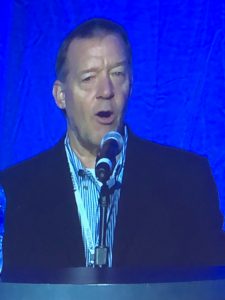United States Patent and Trademark Office Expands Prioritized Examination (Track One) Program
The United States Patent and Trademark Office (USPTO) has further expanded their Track One prioritized examination program by increasing the annual limit on accepted requests. Previously, the USPTO only accepted 12,000 Track One requests per fiscal year, but this announcement increases the limit to 15,000 requests per year.
Track One expedites the patent prosecution process by allowing applicants to receive a final disposition (such as a notice of allowance or final rejection) of a patent application within twelve months from the date of the Track One request.
This is an important development, since Track One allows applicants to avoid lengthy prosecution with less requirements than other prioritized examination programs. An application under Track One typically receives a final disposition in under six months on average. Non-track one applications, however, don’t even receive a first office action for over 16 months, and remain pending for an average of 23.2 months.
At Maier & Maier we take pride in developing sophisticated patent portfolios for our clients and are well equipped to navigate and take advantage of the Track One, Patent Prosecution Highway, or other programs offered by the USPTO.

